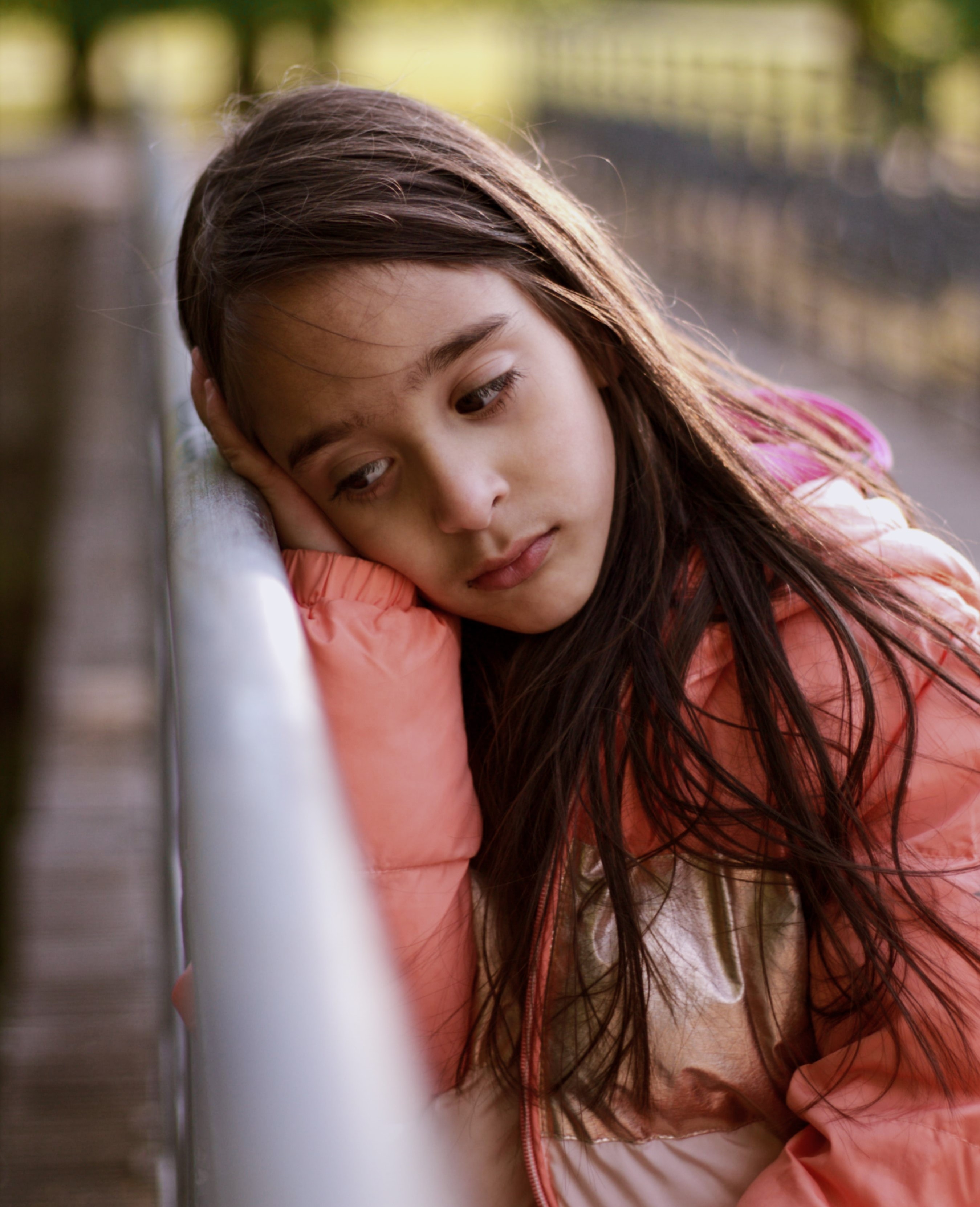 |
| Children with strabismus may be more prone to developing mental health issues such as depression. Photo: Zika Radosavljevic on Unsplash. |
Vision impairment affects over two billion people worldwide, including 19 million children up to age 14. These patients tend to participate in fewer physical activities and are more socially isolated. Researchers recently sought to understand the impact of vision impairment, ocular morbidity and associated treatment on depression and anxiety in children.
The investigators searched various electronic databases and came up with 36 studies—21 were observational studies concerning vision impairment, eight were observational studies concerning strabismus and seven were interventional studies. They found that vision-impaired children, particularly myopes, experienced significantly more depression and anxiety than normally-sighted children. They added that strabismus surgery significantly improved symptoms of depression and anxiety.
Of the studies, 61% were from low- and middle-income countries and 25% were conducted in China. “The high proportion of studies from China and low- and middle-income countries in general likely reflects the high prevalence of myopia in the former and the importance of unaddressed children’s vision deficits in the latter, potentially reducing the generalizability of our conclusions,” the study authors noted.
The difference in the burden of depression between controls and those with vision impairment due to causes other than myopia was not significant. “The predominant cause of vision impairment in these studies was congenital eye conditions,” the researchers explained. “These children may have lived for a long time with vision impairment and adapted to the disability and resulting functional limitations. In addition, most children in these studies were recruited from blind schools or hospitals, which might be better equipped than conventional schools to provide the support system these children require.”
The team was somewhat surprised to see that while several studies found that vision-impaired adolescents had a higher prevalence of depression and anxiety than their normally-sighted peers, others reported no difference. This may indicate the potential difficulty parents and guardians experience when attempting to identify signs of anxiety and depression in their children, the authors explained.
“Understanding and quantifying these associations support early detection and management of mental health symptoms in children with vision impairment and ocular morbidity,” the authors concluded. “This review also underscored the importance and potential impact of early detection and treatment of strabismus in children and provides evidence in favor of insurance coverage for timely strabismus surgery to help improve children's overall health and, in turn, decrease costs for future mental health disorders.”
Li D, Chan VF, Virgili G, et al. Impact of vision impairment and ocular morbidity and their treatment on depression and anxiety in children: a systematic review. Ophthalmology. May 25, 2022. [Epub ahead of print]. |

